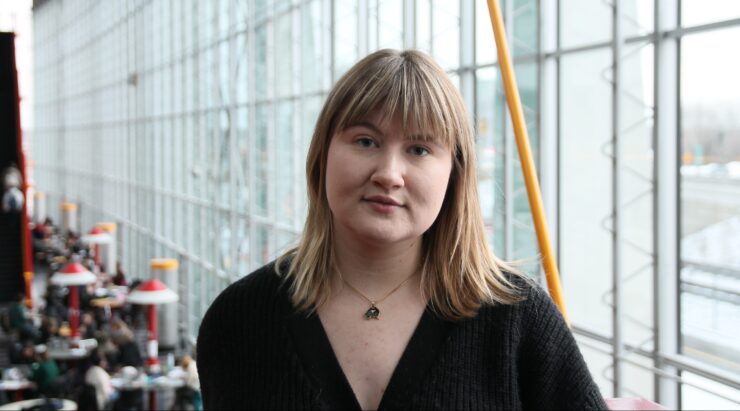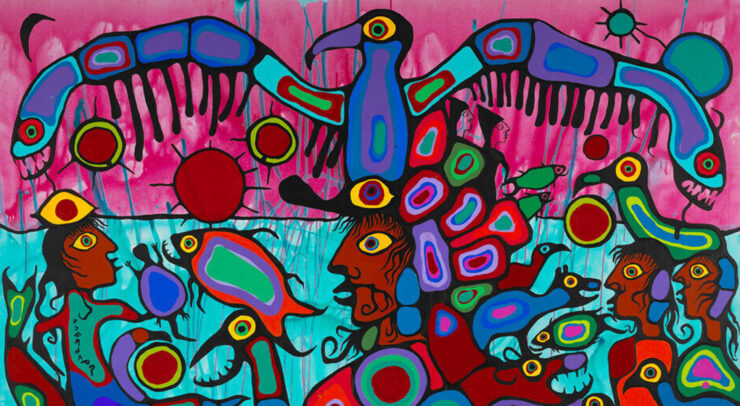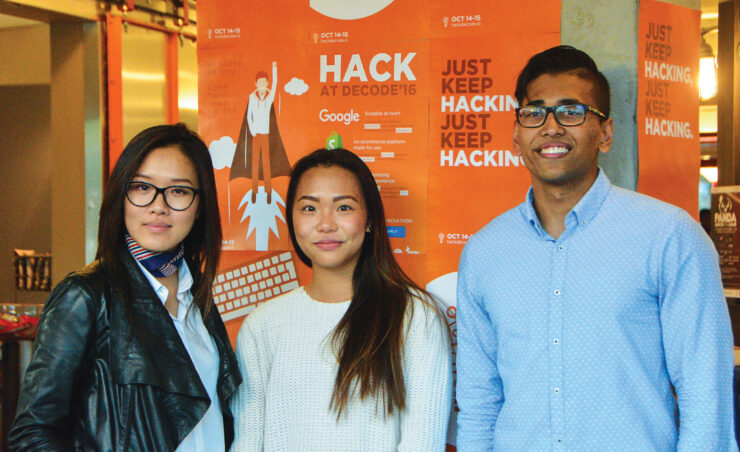Science kits distributed to remote communities following visit to Cross Lake
Danielle Taillon, a fourth-year mechanical engineering student at the University of Ottawa, has started a project to get Indigenous youth in remote communities involved with science, engineering, and technology.
“I was inspired by my work with kids over the summer. Often when we were travelling, there were not enough initiatives that taught kids about engineering and entrepreneurship,” Taillon told the Fulcrum.
In July 2016, Taillon and her friend Justine Boudreau, also a fourth-year mechanical engineering student at the U of O, travelled to Cross Lake, a small Cree community eight hours north of Winnipeg. There, they organized a week-long science camp with children and youth in the community, teaching them computer programming and engineering skills, among others.
Some activities during the camp included mapping out the community, making jewelry with a 3D printer, and designing houses.
“While we were teaching the camps, they were learning outside of the classroom,” said Taillon. “But once we left, it was a different story. I wanted to be able to keep up that learning process even if we couldn’t always be there.”
After seeing how receptive the youth were to the activities, Taillon decided to launch the kits project.
The science kits are available for purchase from the online makerspace store for $40. When a kit is purchased by an individual or a school, another kit is shipped out to an Indigenous community. The kits are shipped out monthly or bi-monthly, with 10 kits already having been purchased in October.
According to Boudreau, she has received funding for the project from the U of O’s Faculty of Engineering, as well as from personal donations.
“It’s important to me and Danielle that (Indigenous youth) are getting the same opportunity as the kids here do,” said Boudreau. “We are trying to show kids in those communities that they are no different than the kids here.”
Taillon also designed the kits to include a special activity for each month, with the kits shipped out in October having a Halloween-centric theme. The activity involved was to “make a ghost,” and materials included fabric, a needle, thread, as well as components such as the Arduino—a beginner-level hardware and software kit—and programmable lights.
The kit also comes with instructions and a guide for teachers and parents.
“It’s just a way for us to keep in contact and keep them interested in engineering and science, and just gives them an opportunity to learn more,” said Boudreau.
“Right now the project is still small, but I hope to include many more local communities as well as First Nations youth,” said Taillon, who hopes to send out as many kits as she can.
Taillon also believes that U of O students can get involved with the project by buying kits or volunteering to help prepare and assemble them.
To purchase a kit, please visit the Makerspace or Adafruit websites.






